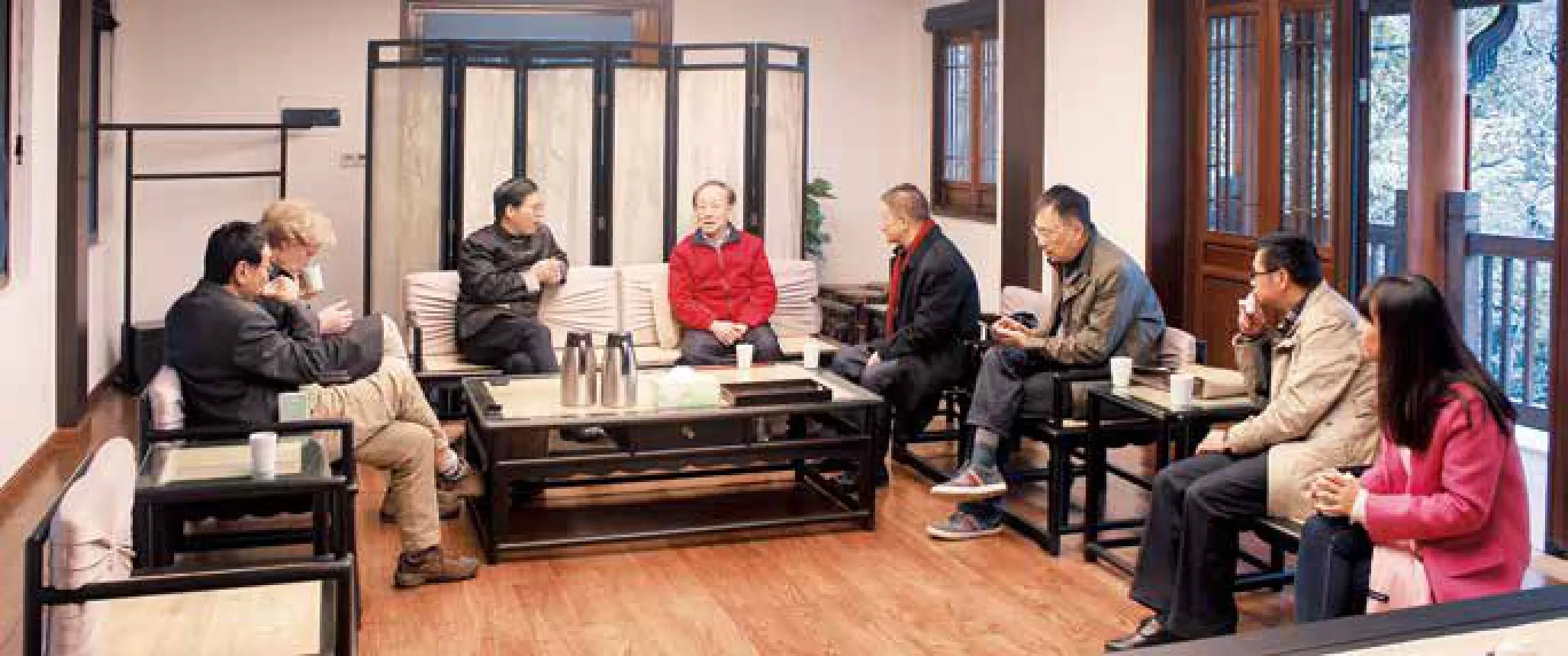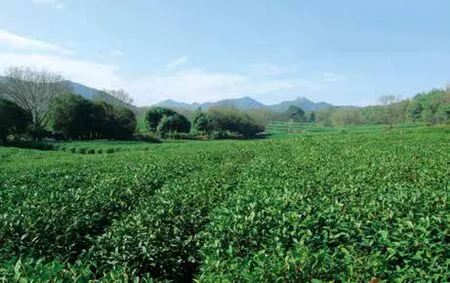Seminar on Tea and Human Civilization in Hangzhou
2016-03-18ByShaZhou
By Sha Zhou
Seminar on Tea and Human Civilization in Hangzhou
By Sha Zhou
Tea and Human Civilization, a seminar run by Oriental Culture Forum held in Hangzhou at the year-end of 2015, evoked in people’s hearts feelings of awe and veneration towards the Chinese tea culture in one of the birthplaces of the world’s tea philosophy.
Focusing on the core values of the tea culture and its transmission in the long run of human history, the seminar also generated insights about the protection and inheritance of the Chinese tea culture in the modern context of ‘Belt & Road Initiative’.
The core philosophy of the Chinese tea culture is ‘和’ in Chinese or ‘harmony’ in English. Tea has been integral to human life since the start of humanity, and is an indispensable element of orientalism. The soothing summer quencher bestowed by nature has been an important part of the Chinese cultural subconscious, with its ideological core universally applicable in today’s world that calls urgently for ‘peace’and ‘harmony’. The enormous cultural andmoral connotations of ‘和’ have been playing an immeasurably significant role in the continuous prosperity of the Chinese civilization in a course of more than 5,000 years, with its infinite power still being one of the spiritual pillars of the nation.

研讨会专家在中国茶叶博物馆龙井馆区座谈。Some experts attending the seminar hold a workshop at China Tea Museum in Hangzhou.
The core doctrine of the Chinese tea culture was first summarized by Lu Yu (733-804), venerated as the Sage of Tea for his contribution to Chinese tea culture and best known for his monumental book The Book of Tea, the first definitive work on cultivating, making and drinking tea. His‘tea morality’ has since been enriched by Confucianism and Taoism thoughts and the Chinese ‘Zen’ spirituality. The unfailing vitality of the Chinese tea culture also comes from traditional Chinese medicine theories and the special traits of the tea cultures in Japan and Korea.

孕育蓬勃 (小五 摄)A view of a tea plantation in Hangzhou
Despite the colorful variations of the Chinese tea culture, however, ‘harmony’remains the central idea behind all forms of presentation. The ‘permissive’ spirit of the Chinese tea tradition is inspiring more and more people of insight on their understanding of the world in which celebrating the difference seems to be getting harder and harder. The ‘agree to disagree’ mentality preached by the Chinese tea culture might suggest lessons for the future of the entire human race.
The Hangzhou seminar was attended by some 80 scholars and experts from all over the world who all had an eye for links between the past and future. Strong, insightful opinions about the powerful productivity of the Chinese tea culture were shared; new conclusions and verdicts about how the culture could contribute to modern historical and cultural landscape were made. Other interesting topics discussed at the seminar included a genetic analysis of the magic therapeutic effect of tea polyphenol by Cao Mingfu and an insightful introduction to the soul-purifying quality of tea by Bao Zhicheng.
Chen Wenhuai, representing Hong Kong, shared his penetrating views about cross-cultural branding of the Chinese tea culture in today’s ‘global village’.
The highly suggestive speech about the status quo of the tea culture in Germany by He Xinpeng, a German scholar, evoked wild imagination from the audience about the intriguing link between the Chinese tea culture and the world’s most famous ‘kingdom of philosophy’.
